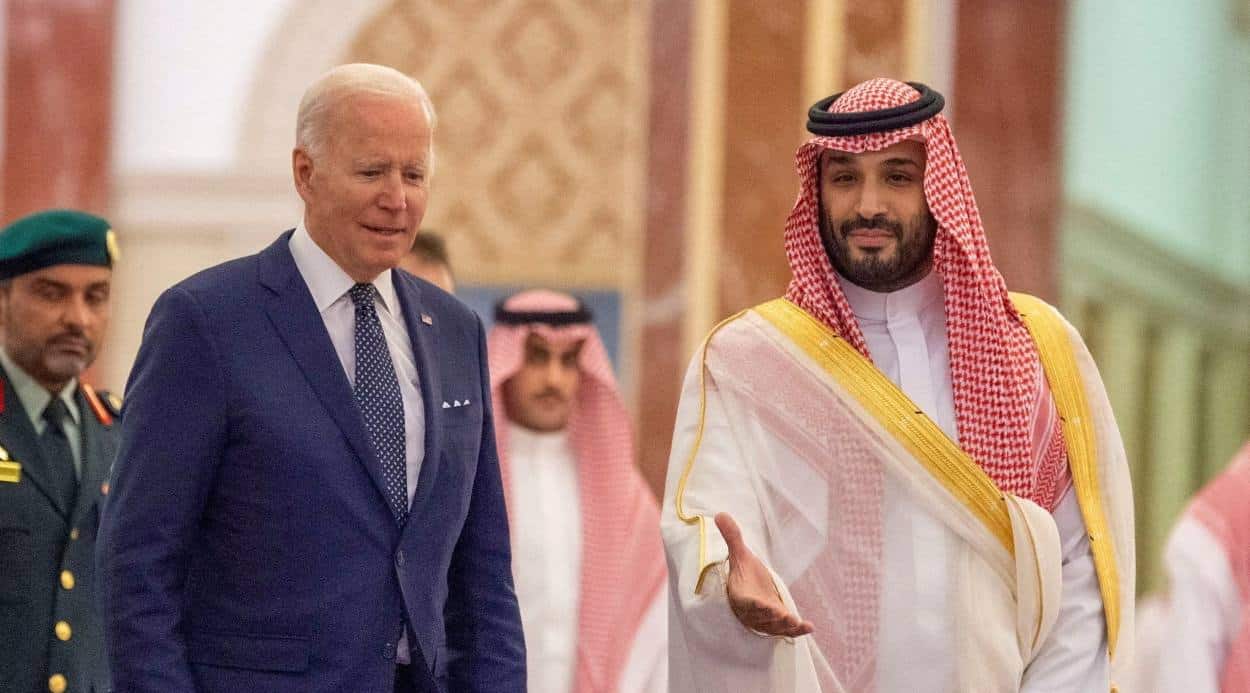Saudi Arabia has decided not to renew its longstanding petrodollar agreement with the United States, a crucial economic accord that has been in place since June 8, 1974; the agreement has been instrumental in reinforcing U.S. economic influence globally for nearly eight decades.
The agreement originally facilitated a framework for extensive economic cooperation between the two nations and helped establish joint commissions focused on meeting Saudi Arabia’s military needs. It was anticipated that such an arrangement would motivate Saudi Arabia to enhance its oil production capacities and strengthen its economic ties with other Arab nations, supporting a more robust economic integration within the region.
The decision to discontinue the renewal of this agreement marks a significant shift in Saudi Arabia’s financial strategy. It allows it to transact in various global currencies rather than being restricted to the U.S. dollar. Including currencies like the Chinese Yuan, Japanese Yen, and Euro and digital currencies like Bitcoin illustrate Saudi Arabia’s move towards a more diversified economic approach. This strategic pivot reflects a broader intention to distance itself from the petrodollar system established in 1972 following the U.S. decision to end the direct convertibility of the dollar to gold.
This shift is expected to hasten the ongoing global trend of reducing reliance on the U.S. dollar for international trade. Furthermore, Saudi Arabia’s participation in Project mBridge—a collaborative initiative among banks to explore a joint digital currency platform—underscores its commitment to adopting cutting-edge financial technologies.
Project mBridge aims to leverage distributed ledger technology to streamline and expedite cross-border payments and foreign exchange transactions, enhancing the efficiency and security of international trade.
Saudi Arabia’s strategic realignment in its economic and financial policies indicates a profound transformation in its international economic relationships and role within the global economic order.






